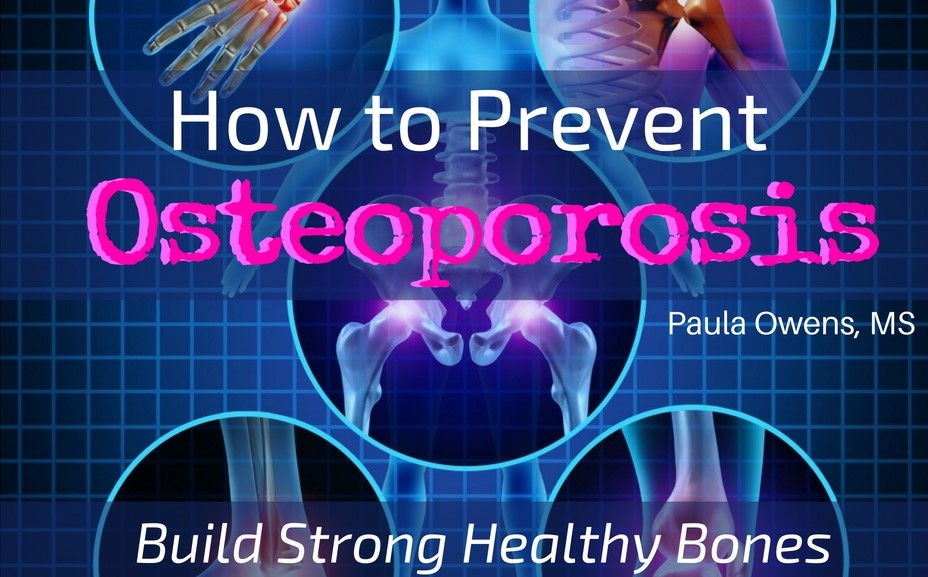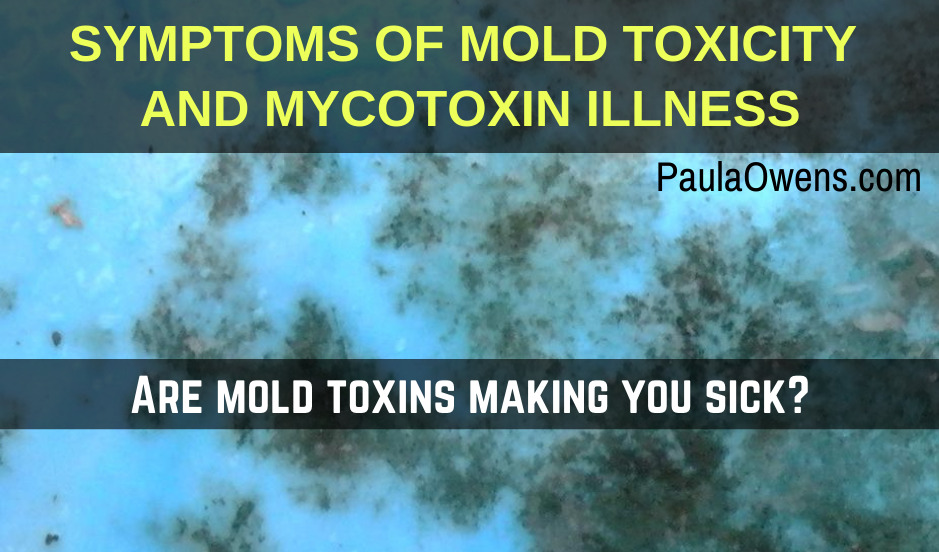 Bone health is vital for preventing osteopenia, reducing the risk of osteoporosis, and healthy aging.
Bone health is vital for preventing osteopenia, reducing the risk of osteoporosis, and healthy aging.How to Prevent Osteoporosis
Increase Bone Density and Maintain Strong, Healthy Bones
Food as Medicine to Prevent Osteoporosis & Build Strong Bones
— Avoid pasteurized dairy. Yep, you read that correctly. Many people believe milk and dairy products are the best sources of calcium, and that dairy is a must for strong bones and preventing osteoporosis. Nothing could be further from the truth. Did you know that fracture rates are significantly higher for those that drink 3 or more cups of milk daily? Over an 18 year period, 190,000 men & women were evaluated, and studies concluded, “Neither milk nor a high-calcium diet reduces osteoporosis.”
— Nutrient-dense leafy greens, plants and dark green vegetables every day. Leafy greens such as kale, dandelion, mustard greens, spinach, collard greens and other dark leafy greens contain much higher calcium values than diary products. Just one cup of collard greens contacins 350mg of calcium!
— Foods high in oxalates (soy, wheat, strawberries, beer, nuts, sweet potatoes, walnuts, beets, spinach) can bind to calcium in the GI tract, increase risk of kidney stones and can prevent absorption of important minerals such as calcium, magnesium, zinc and iron. Steaming, soaking or sautéing help to reduce the oxalic acid.
— Reduce intake of foods high in phytates (soy, nuts, seeds, wheat, grains, legumes), which not only cause digestive distress, but also cause mineral deficiencies and inhibit absorption of minerals. Soaking and beans and legumes will reduce some of the anti-nutrients and phytic acids.
— Include more bone-building foods in your diet. Homemade bone broth, gelatin, grass-fed collagen, chia seeds, wild-caught fish and seafood, and sardines with the bones.
— Consume adequate amounts of protein. Protein makes up 20-30% of bone mass. Studies have shown that bone density improves by increasing protein consumption (from organic, grass-fed and pastured-raised sources) as long as the intake of calcium, magnesium, vitamin K and vitamin D are at optimal levels.
— Consume boron-rich foods such as organic apples and pears
— Avoid processed, inflammatory foods. The standard American Diet (SAD) of fast, fake and processed foods produce inflammation, an acidic environment that deplete nutrients and important bone-building minerals, and biochemical and metabolic conditions in your body that decrease bone density.
— Avoid fructose. A study by the USDA, published in the Journal of the American College of Nutrition, found that high fructose corn syrup alters the body’s balance of magnesium, leading to increased bone loss.
— Avoid grains, wheat and gluten, which increase risk of mineral deficiencies, cause leaky gut and digestive distress, inhibit nutrient absorption, and reduce bone density.
— Consume more omega-3 fats. A study published in the journal Osteoarthritis and Cartilage found that omega-3 fatty acids reduce risk of osteoporosis by 50 percent!
— Avoid vegetables oils such as corn, canola, cottonseed, safflower and soybean oil.
— Include healthy fats such as coconut oil, pastured butter, egg yolks, fatty fish, grass-fed organic meats. —
— Hydrate. Drink a sufficient amount of filtered water daily and add a pinch or two of Celtic sea salt for additional minerals.
— Sip on organic tea. Red clover tea can be beneficial for post-menopausal women. Dandelion tea is not only nourishing for the liver, it also helps build bone density.
— Fermented soy in small amounts can be beneficial for post-menopausal women. Never consume processed, GMO soy in any form.
— Ditch all soda, including diet. Consumption of carbonated soft drinks are associated with an increase in bone fractures, osteoporosis and decreased hip bone mineral density.
— Maintain a normal pH, a sign of how your body is managing mineral reserves.
Lifestyle Tips to Prevent Osteoporosis & Build Strong Bones
— Optimize digestion and GI function. More often than not, those diagnosed with osteoporosis tend to have malabsorption issues, low stomach acid, and leaky gut. Antacids and proton pump inhibitors (PPIs), and poor absorption can cause calcium deposits that are related to osteoporosis and an increased rick of heart attack and heart disease.
— The sunshine vitamin. Natural vitamin D, Sunlight. Spend time outdoors in the sun daily for at least 15 or 20 minutes without sunscreen. Your skin makes vitamin D from sun exposure and one of the primary reasons why people are deficient in vitamin D is because they’re not spending enough time outdoors or they’re wearing sunscreen (which blocks vitamin D production). Calcium is best absorbed with synergists, vitamin D, vitamin K2 and magnesium. [Am, J, Clin. Nutr. Oct 94;573-578]
— Avoid fluoride found in toothpaste, some brands of tea and processed foods, unfiltered water and many OTC and Rx drugs. Switch to flouride-free toothpaste.
— Reduce sources of inflammation. Underlying infections, gum disease, imbalanced gut flora, disrupted microbiome, environmental toxins, and other sources of inflammation.
— Test for and monitor homocysteine levels. An elevated homocysteine, >8 increases the risk of heart disease, Alzheimer’s disease, bone loss, fractures and greater inflammation.
— Balance hormones. Endocrine dysfunction, specifically thyroid, cortisol, estrogen and parathyroid dysfunction are common with osteoporosis.
— Rule out heavy metal toxicity such as aluminum, lead, mercury, cadmium, arsenic, tin, high iron and other toxic metals. Increased exposure to aluminum is commonly found in those with weak bones.
— If you smoke, quit!
— Reduce stress. Chronic stress increases cortisol, which increases osteoclast (bone breakdown) activity. Whether the stress is emotional, the result of a processed, a mineral deficient diet, underlying infections or a sedentary lifestyle, cortisol is increased, which results in greater bone loss.
— NTx is a simple, inexpensive urine test that measures bone breakdown and can monitor bone loss on a daily basis. On the other hand, bone density tests reveal if you’ve lost or gained bone which only show changes over a prolonged period of time (9-12 months). A study published in the New England Journal of Medicine (NEJM) revealed that bone mineral density scans are often performed too often on people, and in many cases may not even be necessary.
Exercise to Prevent Osteoporosis & Build Strong Bones
— Weight-bearing exercises such as walking, sprinting, running stairs and bleachers, rebounding, hiking, jump rope, tennis, dancing, and especially resistance strength training with weights that are heavy enough to provide a stimulus to the bone, muscle and connective tissue performed consistently.
Nutrients to Prevent Osteoporosis & Build Strong Bones
— HCL (hydrochloric acid) and Digestive Enzymes. Hypochlorohydria (low stomach acid) is an extremely common condition in those with osteoporosis and osteopenia.
Beware of drugs associated with bone loss (Steroids, calcium channel blockers, PPIs, antacids, synthetic thyroid hormone, aromatase inhibitors, antidepressants and SSRIs). OTC drugs such as Tums are mostly calcium carbonate, the least well-absorbed form of calcium, and contain toxic aluminum! Long-term use of proton pump inhibitors (PPIs) are associated with an increased risk of hip fractures and weak bones. SSRIs are associated with an increased loss of bone.
Bisphosphonates such as Fosomax, Boniva and Didronel. Side effects from these drugs include skin rashes, muscle aches, inflammation, musculosketal and bone pain, electrolyte disturbance, osteomalacia, seizures, esophagitis and esophageal cancer.
— Minerals especially zinc for osteoblast/osteoclast formation and magnesium to increase bone mineralization, along with a mineral-rich blend of manganese, boron, copper, strontium and silica. A deficiency in manganese may accelerate bone loss as well as result in defective bone formation. Strontium may be a more effect and less expensive alternative to Bisphosphonates such as fosamax, actonel, etc. It helps reverse osteoposoris and helps prevent recurrence of fractures in those who have suffered a fracture due to osteoporosis.
— Vitamin D serves in the body’s ability to absorb calcium. Optimize vitamin D levels. According to a study published in The Journal of Clinical Endocrinology & Metabolism, the best supplements may not be what you think. Consider vitamin D, magnesium and potassium. In fact, the article didn’t even mention calcium. Instead, the researchers focused entirely on the importance of magnesium. Ninety percent of individuals in the U.S. are deficient in magnesium. As much as 50% of magnesium is found in the bones.
If you’re taking supplemental vitamin D, it is important to also include vitamin K2 and magnesium.
— Vitamin K plays a major role in calcium metabolism, improved bone density and reduced risk of fractures. Seventy-five percent of vitamin K in the body is made in the gastrointestinal tract, and 25% comes from the diet. Requirements tend to increase with age. Neither calcium or vitamin D can produce healthy bone mineralization without adequate vitamin K.
For years now, the American Heart Association no longer recommends calcium carbonate or calcium citrate supplements for the prevention or treatment of osteoporosis because it has been shown to calcify the coronary arteries and cause kidney stones. This is where vitamin K2 (MK4 and MK7) comes in. You may have heard of the coronary calcium score that cardiologists order. The higher the score, the greater your risk for a heart attack and stroke. Vitamin K helps to protect blood vessels and arteries from calcification.
Fermented foods typically have the highest concentration of vitamin K found in the human diet. Do not take vitamin K if you’re taking Coumadin. Only in this setting will it cause a problem because it interferes with Coumadin’s drug actions.
— Omega-3s and essential fatty acids reduce inflammatory mediators that stimulate osteoclasts and is not only beneficial for bone health, but also your skin, brain, heart, mood and hormones.
— B vitamins such as folate, vitamin B6, vitamin B2 and vitamin B12.
— Antioxidants. In a study involving 34 postmenopausal women, supplementation with a combination of antioxidant vitamins (600 mg/d vitamin E, 1000 mg/d vitamin C) for a period of 6 months was found to protect against bone loss.
— Probiotics, sporebiotics, prebiotics and post-biotics facilitate mineral absorption, support a healthy microbiome, and the growth of beneficial bacteria in the colon.
— Natural progesterone can increase bone strength by serving as a growth promoter to the osteoblasts (cells that build bone).
I offer tele-health (tele-medicine) consultations for patients throughout the U.S.
Review of health history, lab orders and accurate interpretation of your lab results, functional blood chemistry analysis, health coaching, diagnostic nutrition assessments with recommendations, and comprehensive lifestyle plans for your individual physiology.
Learn more!
-
Are you Deficient in Magnesium?
- Video: The Dark Side of Osteoporosis Drugs


